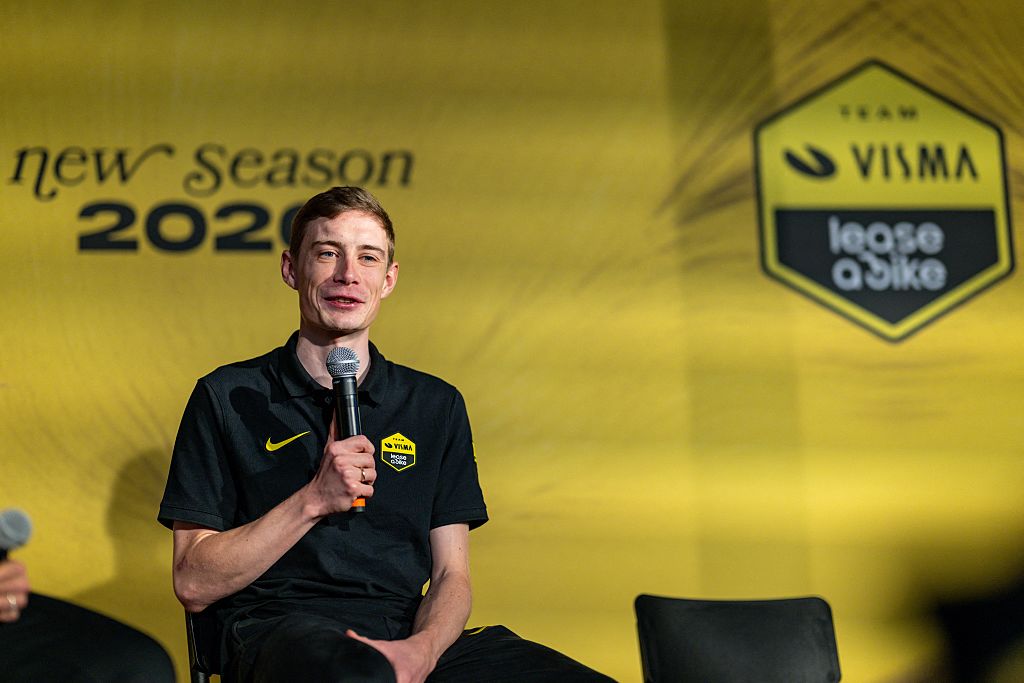Philippa York: Cycling's conservative culture suppresses LGBT issues
'There is not one openly homosexual cyclist in the men's peloton'
The latest race content, interviews, features, reviews and expert buying guides, direct to your inbox!
You are now subscribed
Your newsletter sign-up was successful

Philippa York has questioned the culture of professional cycling and its approach to LGBT issues, arguing that conservatism and lack of diversity in the sport's governance help explain why there are no openly gay male riders.
York was speaking to French newspaper Le Monde in what was her first proper interview with an international media outlet since she publicly revealed her transition from Robert Millar earlier this year.
After opening up about her journey, as she has in interviews with English-speaking media, including the Cyclingnews Podcast, she addressed the issue of homosexuality in the pro peloton.
"There is not one openly homosexual cyclist in the men's peloton, while, statistically, at least 10 riders on the start line of the Tour de France should be homosexual or bisexual," she said.
It's an issue football has grappled with in recent years, and York feels there must be flaws in the culture of the sport, starting with something rotten at the top.
"It's a conservative sport, run by old white men, minds closed to things they don't know about," she said. "There's something in the culture of this sport that makes people reluctant to say that they're homosexual."
Earlier in the interview, York talked about how she had hidden her true personality during her professional career. The man who won the king of the mountains jersey at the 1984 Tour de France was, by all accounts, prickly and aloof, and York suggests it was a coping mechanism for the pressure cooker of elite sport.
The latest race content, interviews, features, reviews and expert buying guides, direct to your inbox!
"In order to survive alongside strong characters like Bernard Hinault, Laurent Fignon, or Greg LeMond, I had to be individualistic, and not show myself as weak or intimidated," York said.
"That's no longer who I am. I'm less angry. I prefer myself now."
Brian Smith, a fellow Scottish former pro who was also interviewed for the article, added: "Devoting her life to one of the hardest sporting challenges in the world allowed her to focus her attention on something other than her demons."
York, in the podcast interview with Cyclingnews in September, played down suggestions that she could be a 'trailblazer' in terms of changing attitudes to LGBT issues – in cycling, sport, and beyond. Yet she does acknowledge that her profile puts her in a privileged position to inspire progress.
After initial reluctance in the face of approaches from various organisations, she now works with Stonewall, a UK-based LGBT rights charity.
"With my story, the general public can understand that this can happen to anyone, even if they aren’t considered weak. A generation grew up with me and can say they 'knew' a transsexual," she told Le Monde. "But I won't be a Caitlyn Jenner."

